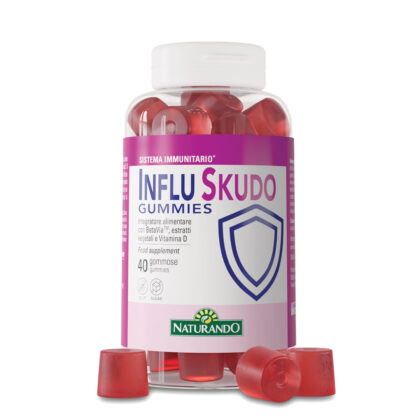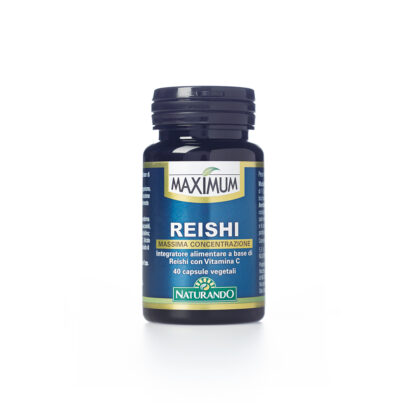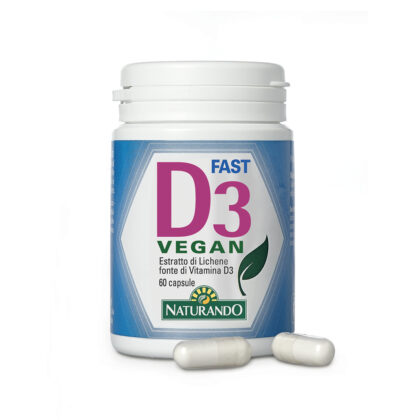
“The flu is tougher this year for the elderly”
“Watch out for the elderly, avoid contact with children!”
It’s winter. If you turn the television on you will probably hear at least one of these sentences. While there are elderly people who are fitter than some 20-year-olds and don’t feel “frail” at all, the immune system shows its age!
When children or teenagers catch a cold, it can be a stroll in the park. But for older people, each winter is increasingly challenging.
As with any challenge you want to win, it’s best not to be caught unprepared! So let’s have a look at some tips to keep your immune system working like a 20-year-old’s!
Why does the immune system of the elderly change in terms of function?
As we age, the immune system can decline for several reasons[1]:
- The immune system’s ability to identify foreign antigens decreases
- Cells designated to destroy bacteria “slow down”
- The number of white blood cells diminishes
- Fewer substances that respond to bacterial infections are produced
In a word, the immune system becomes slower and less efficient with age. So, what advice can we give?
The first piece of advice is to avoid infections. What a truism you might be thinking, yet it is fundamental. Avoid particularly crowded places in winter, where the risk of infection is higher, and be wary of hugs and kisses from grandchildren, without giving them up altogether. It can be a lifesaver in some cases.
But we can also help our defences by seeking support from nature.
The 3 rules for a youthful immune system
- Eat well to age well
Yes, winning the challenge to support an elderly person’s immune system starts at the table.
In addition to the general recommendations, meaning, to eat at least 5 portions of fruit/vegetables daily and to limit the intake of saturated fats and simple sugars, there are certain foods whose consumption is recommended particularly in winter. These are foods rich in antioxidants:
- Increase the consumption of spinach, apples, asparagus and avocado, for their richness in glutathione;
- Say yes to vegetables such as cruciferous vegetables (cabbage, Savoy cabbage, broccoli) and fruits such as kiwi and citrus fruits for the vitamin C they provide;
- Excellent foods such as pumpkin, carrots and liver provide more β-carotene
- Take vitamin supplements if necessary
In nature there are several plants that can help support the body’s natural defences, which can be conveniently used by taking dietary supplements.
Such is the case with Elderberry, whose flowers and leaves yield extracts useful for this purpose, or Astragalus roots. The Reishi mushroom, originally from China, which grows on oak or chestnut wood, is also useful in boosting the body’s defences.
- Don’t forget about your intestine
There is one aspect that perhaps many people ignore: strong immune defences originate from a balanced intestine. This is why it is useful to maintain a balanced gut microbiota. How?
By introducing probiotics, prebiotics and dietary fibre. Through nutrition: yoghurt, sauerkraut and fermented soya are natural sources of probiotics, while prebiotics can be found in whole grains, as well as in legumes.
If more probiotics are needed, dietary supplements containing them can be taken, often in association with prebiotic fibres.







